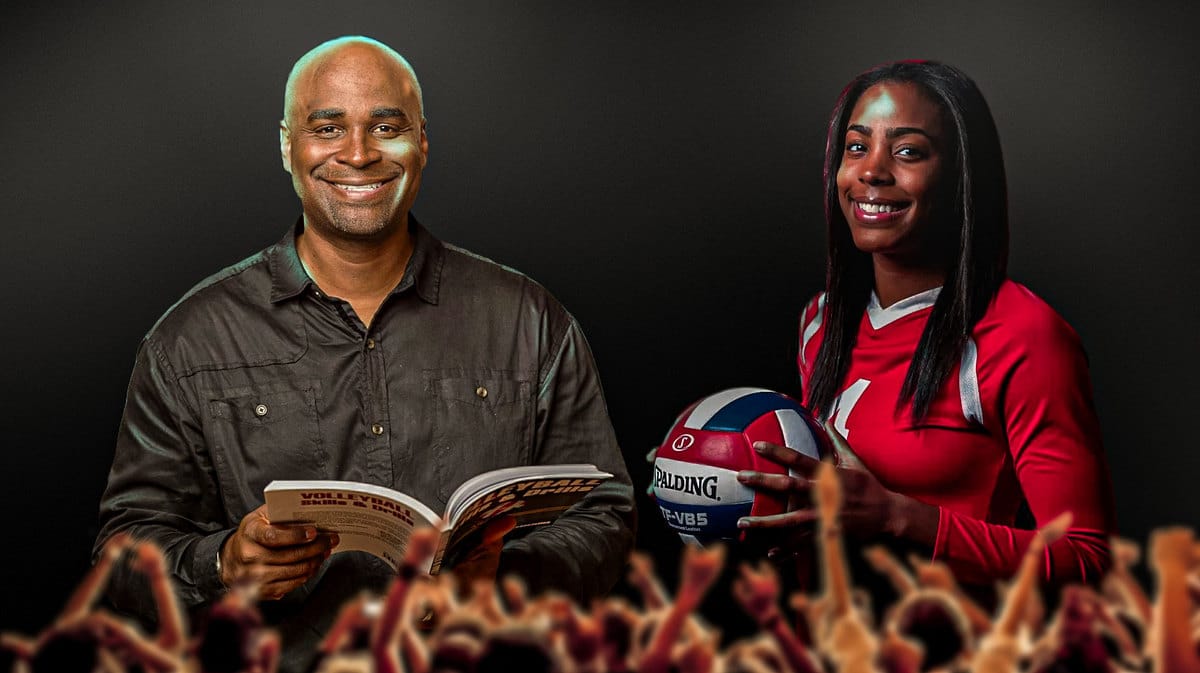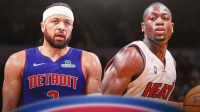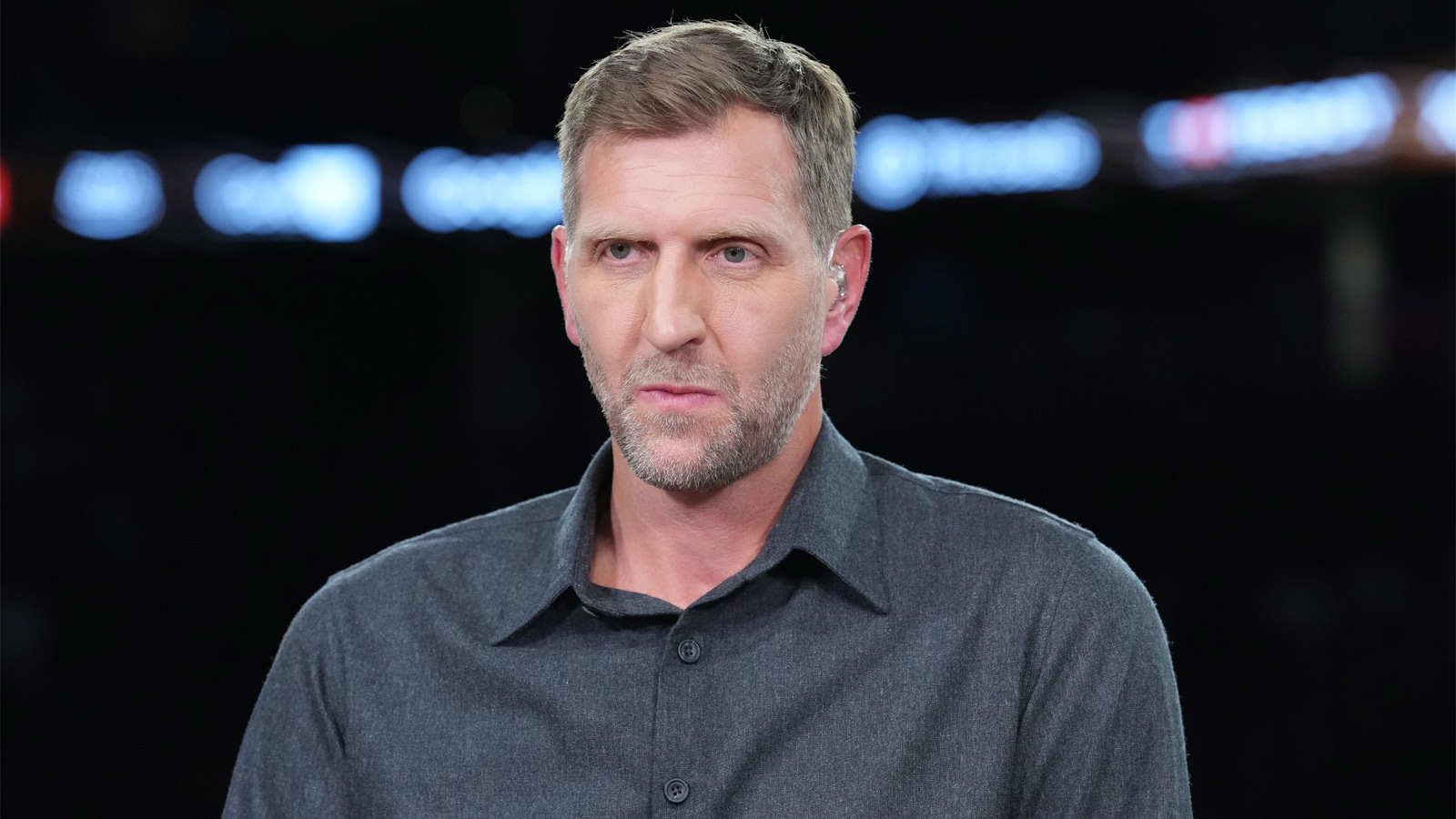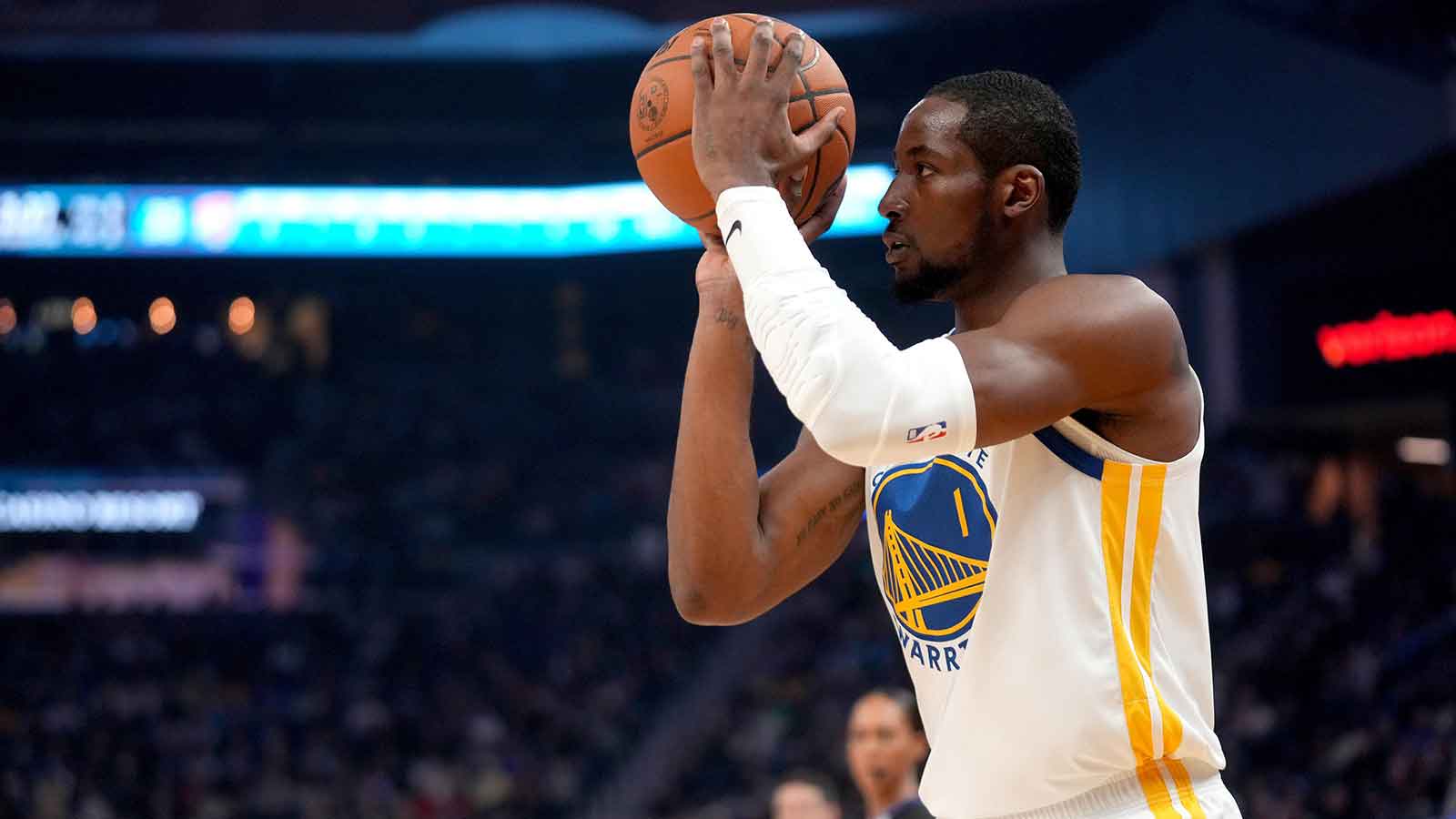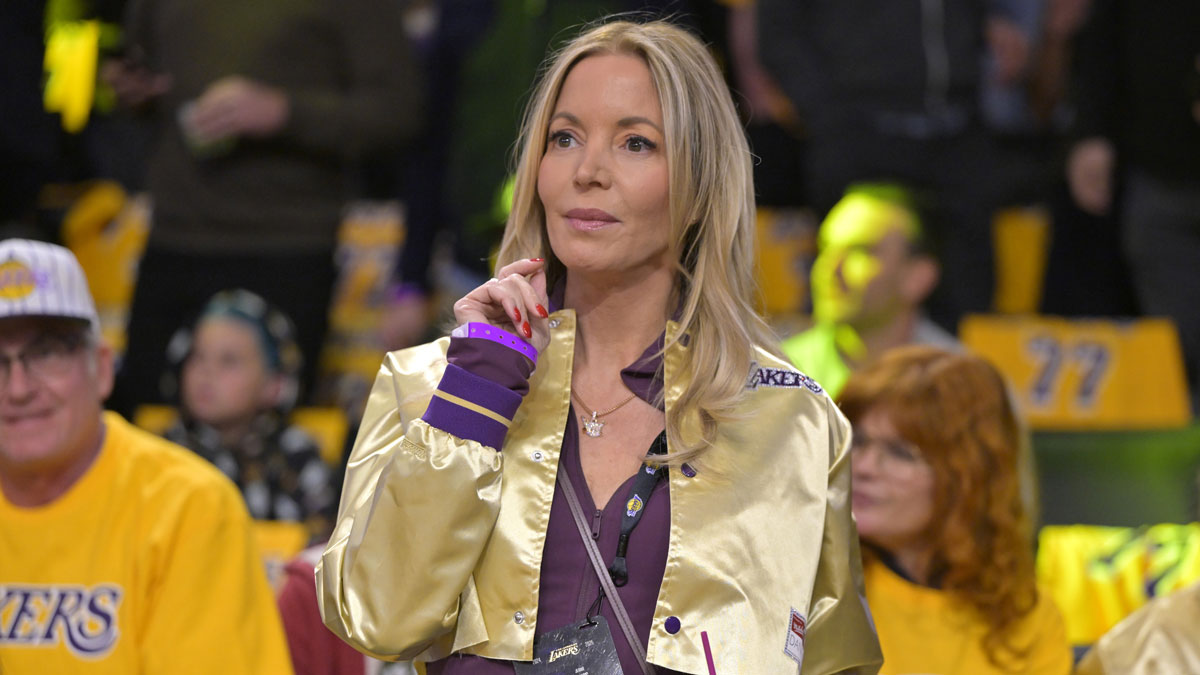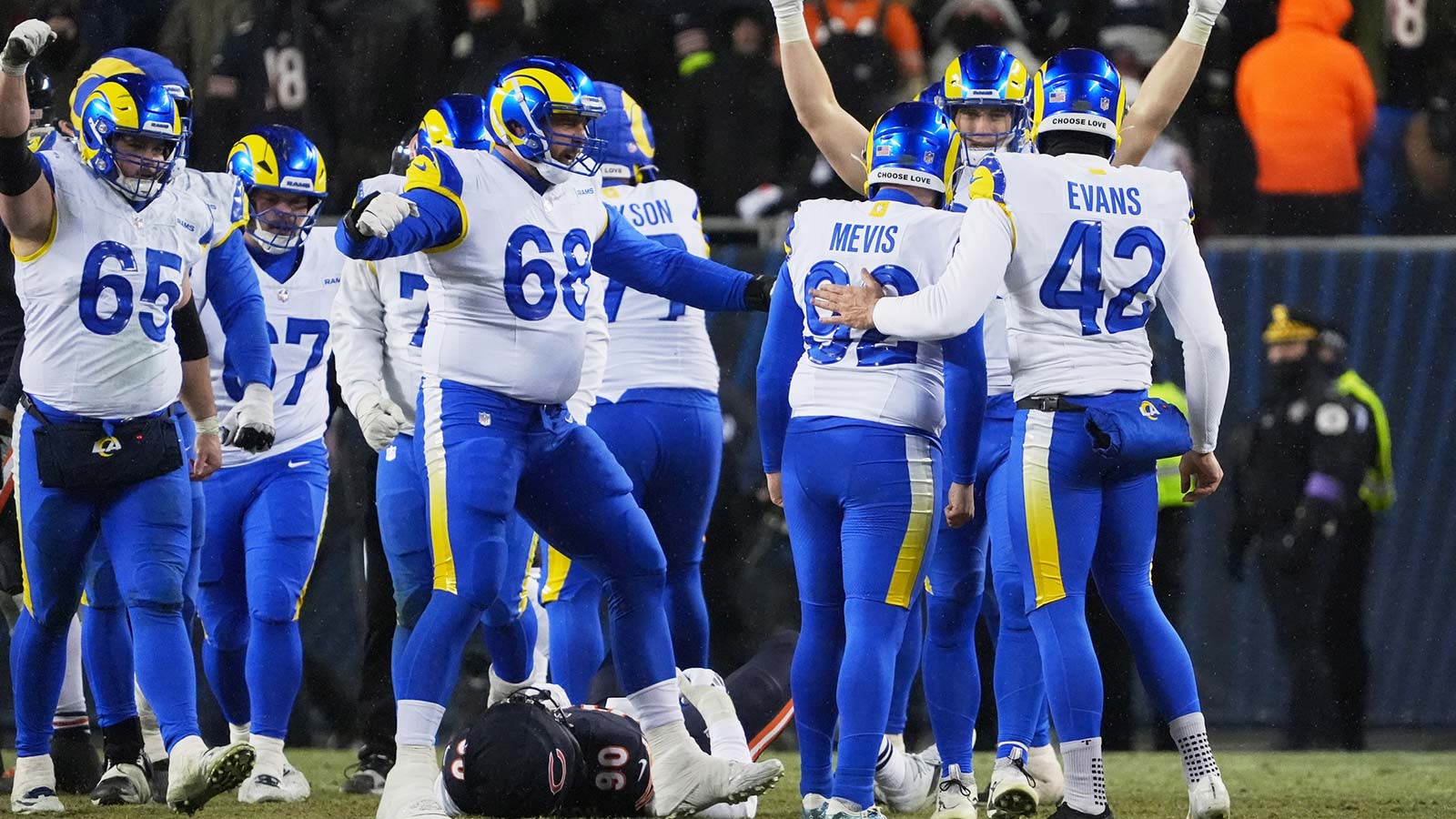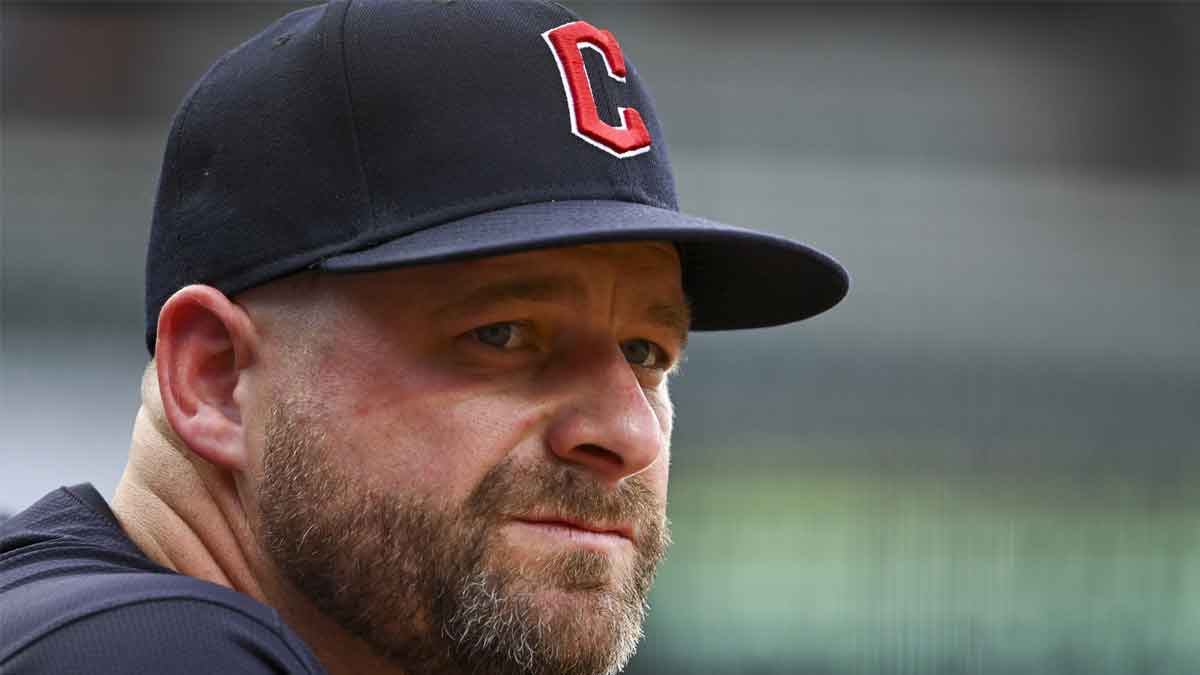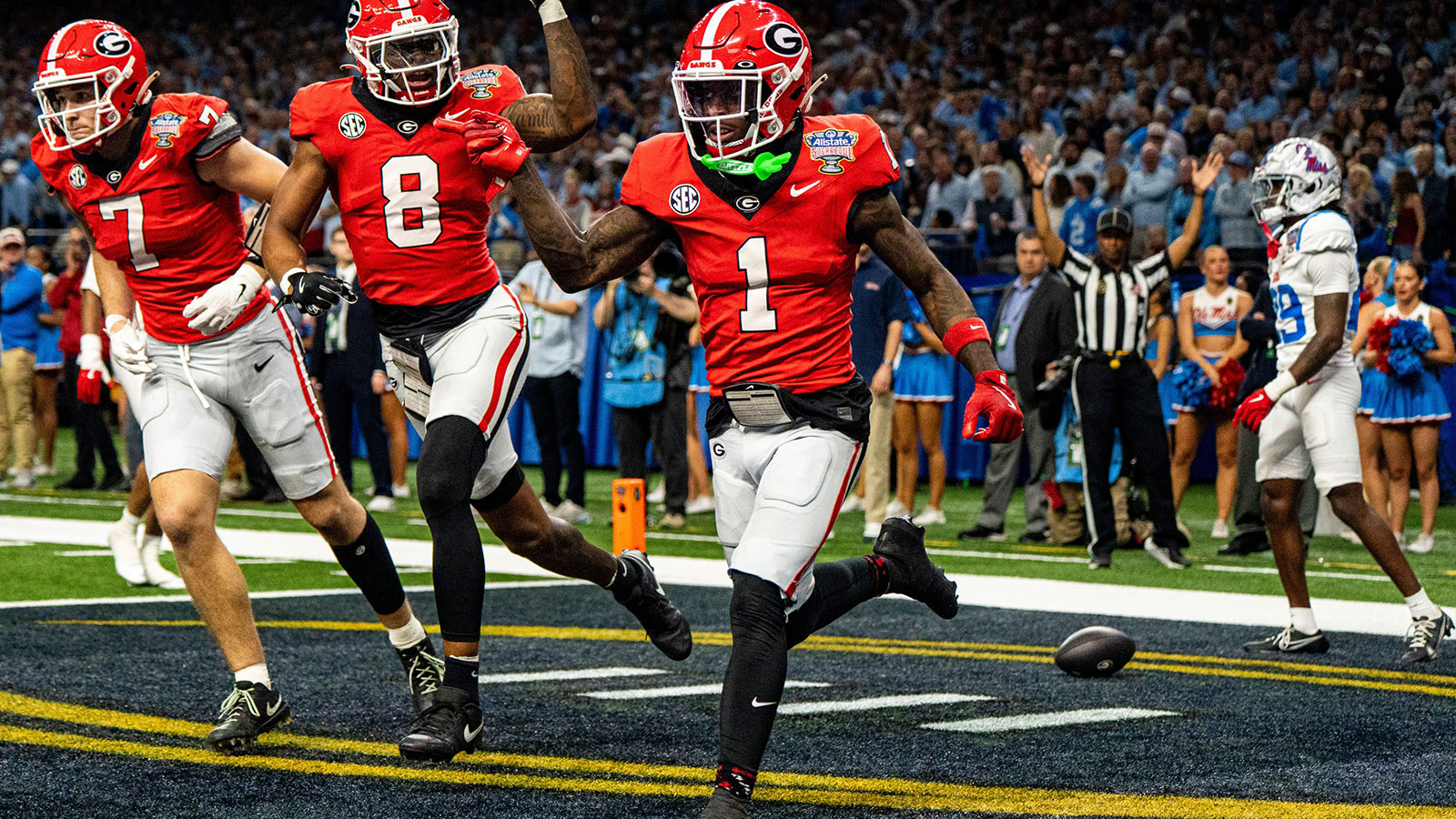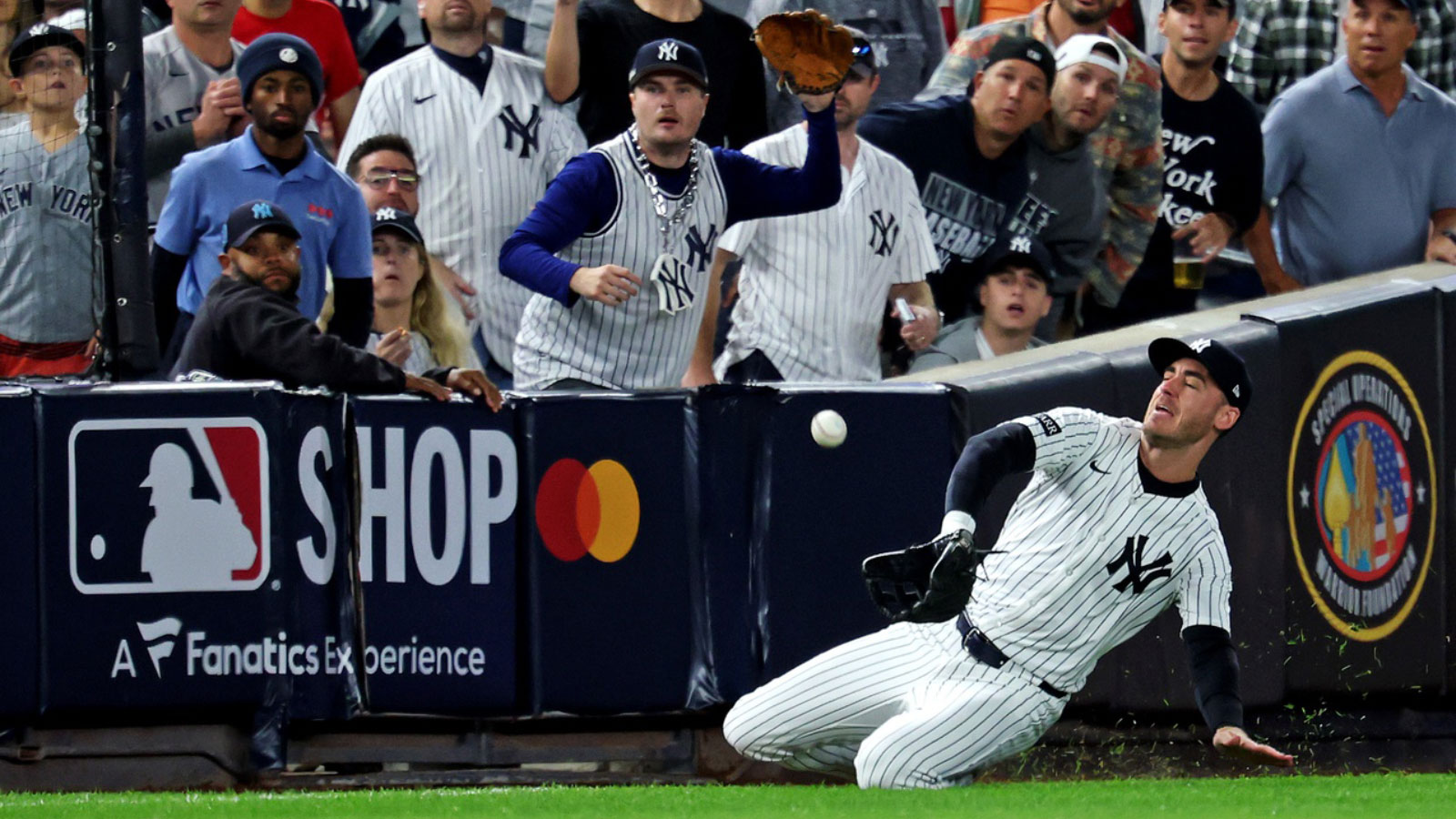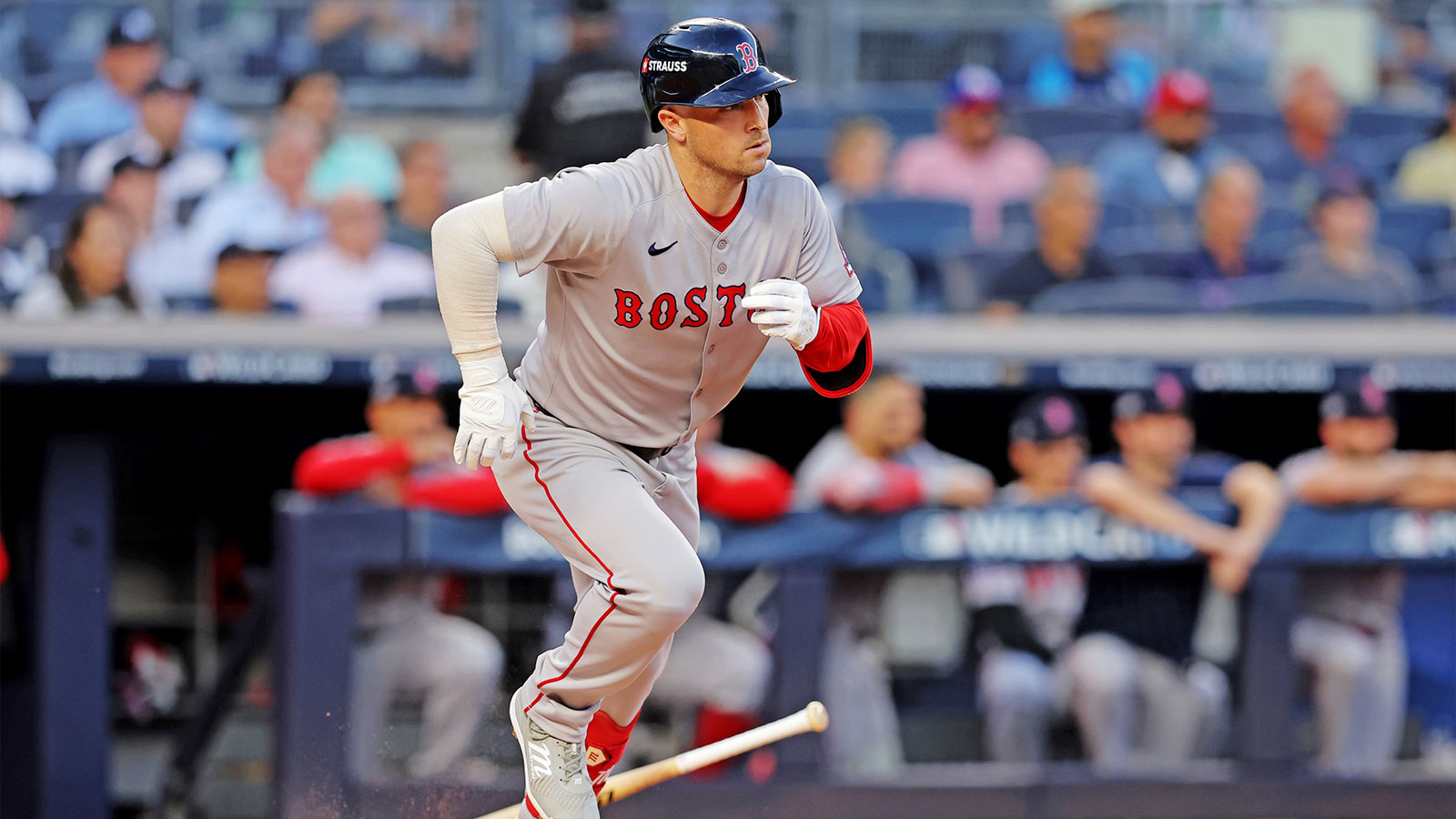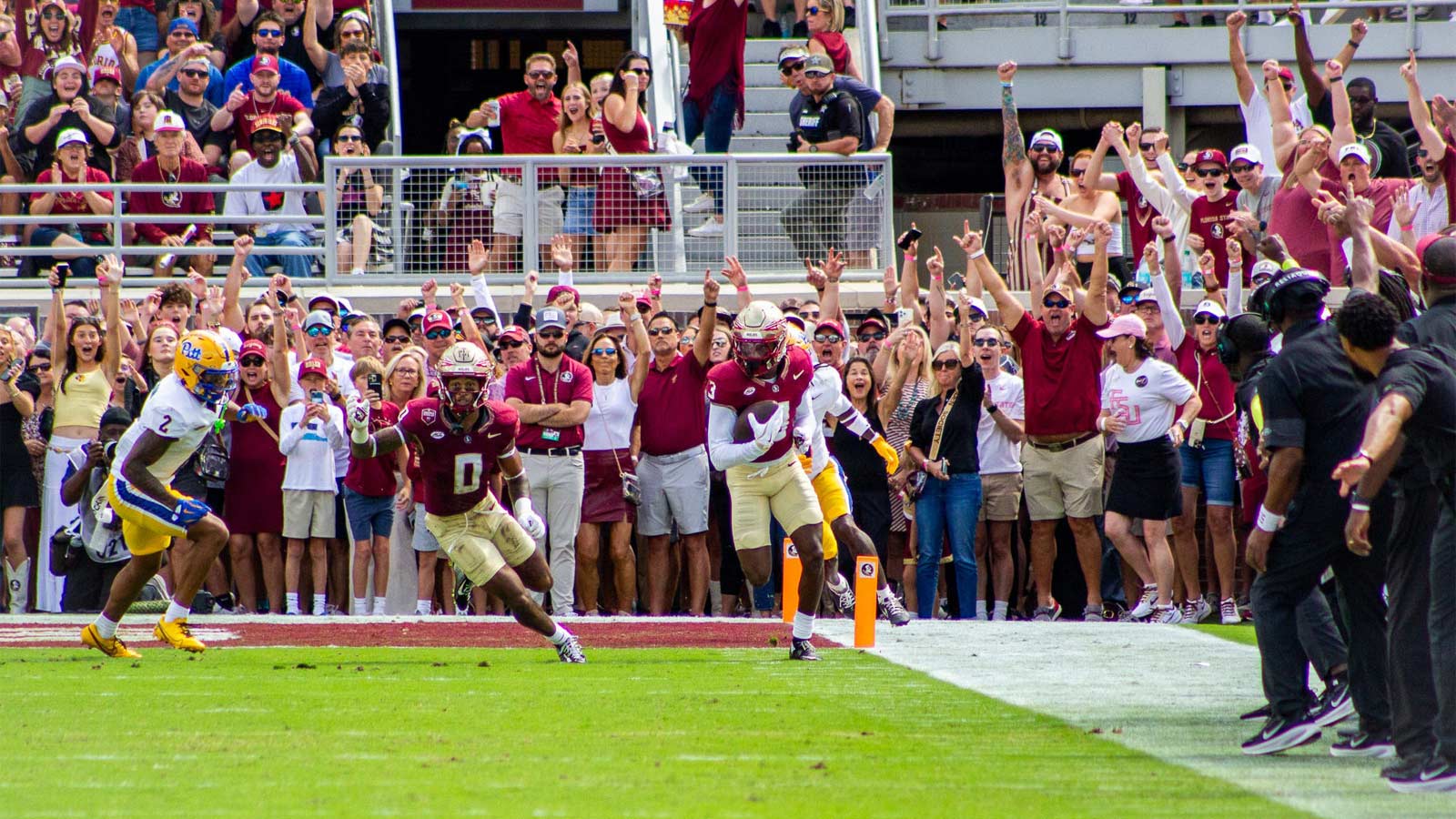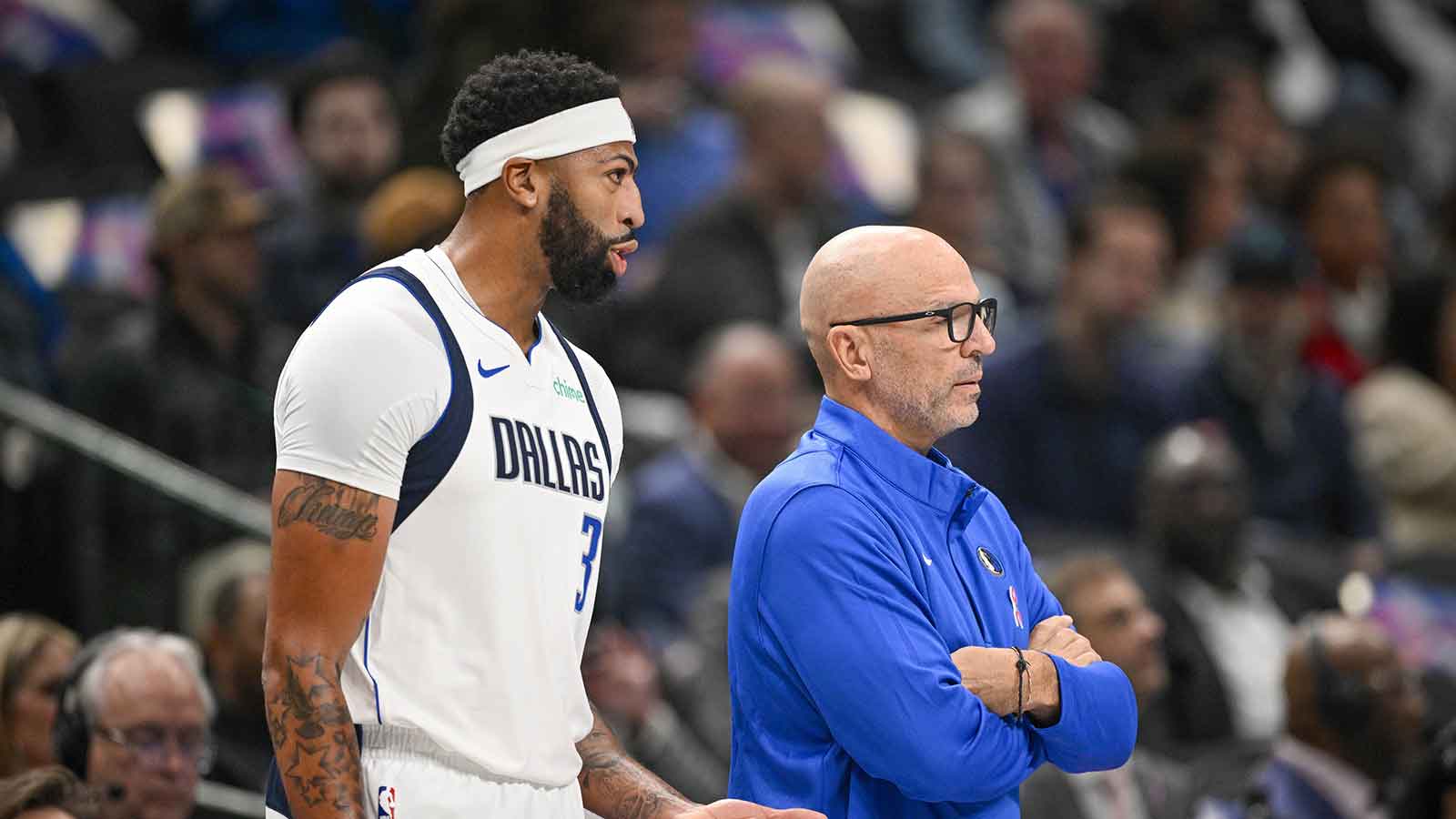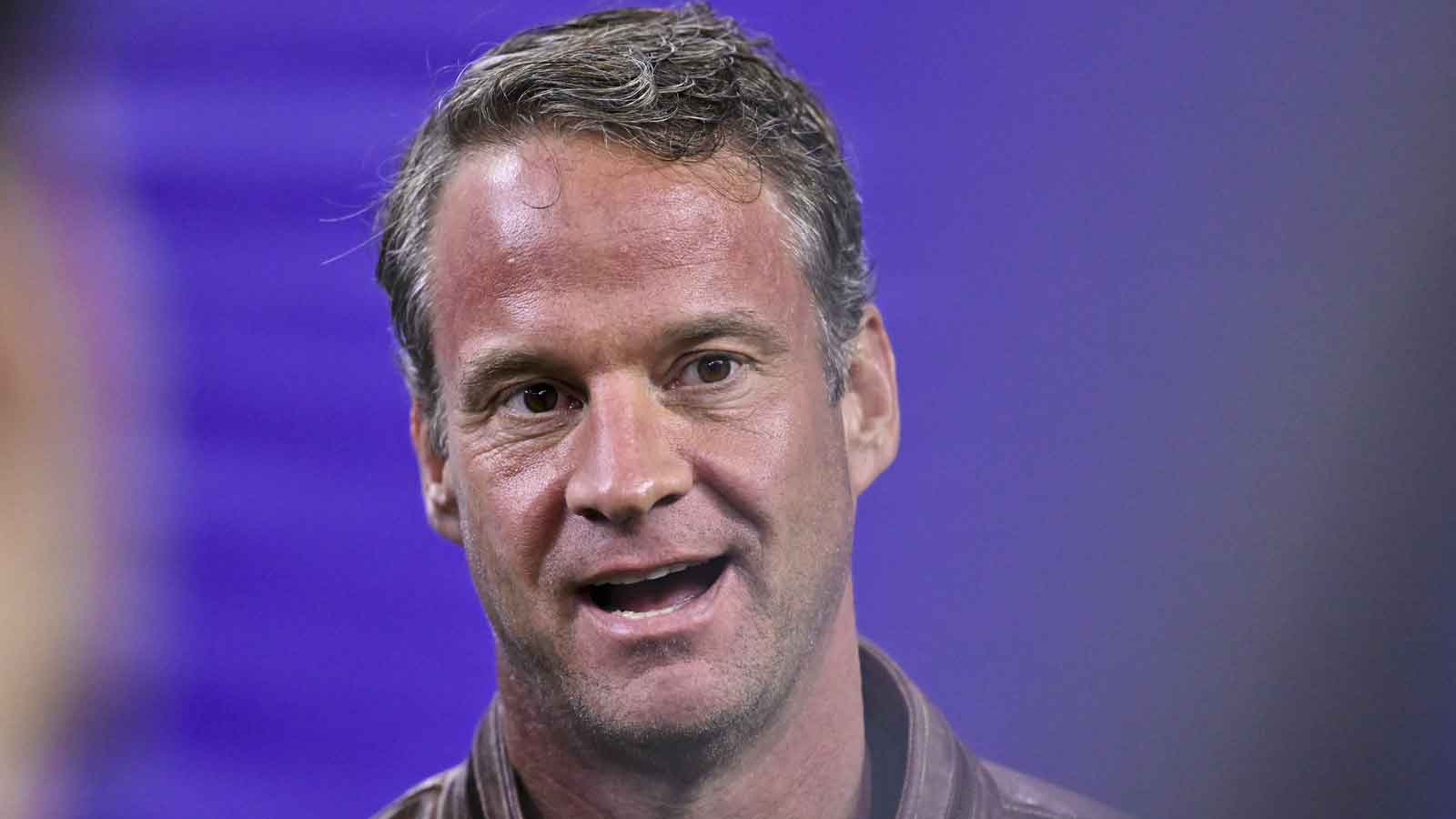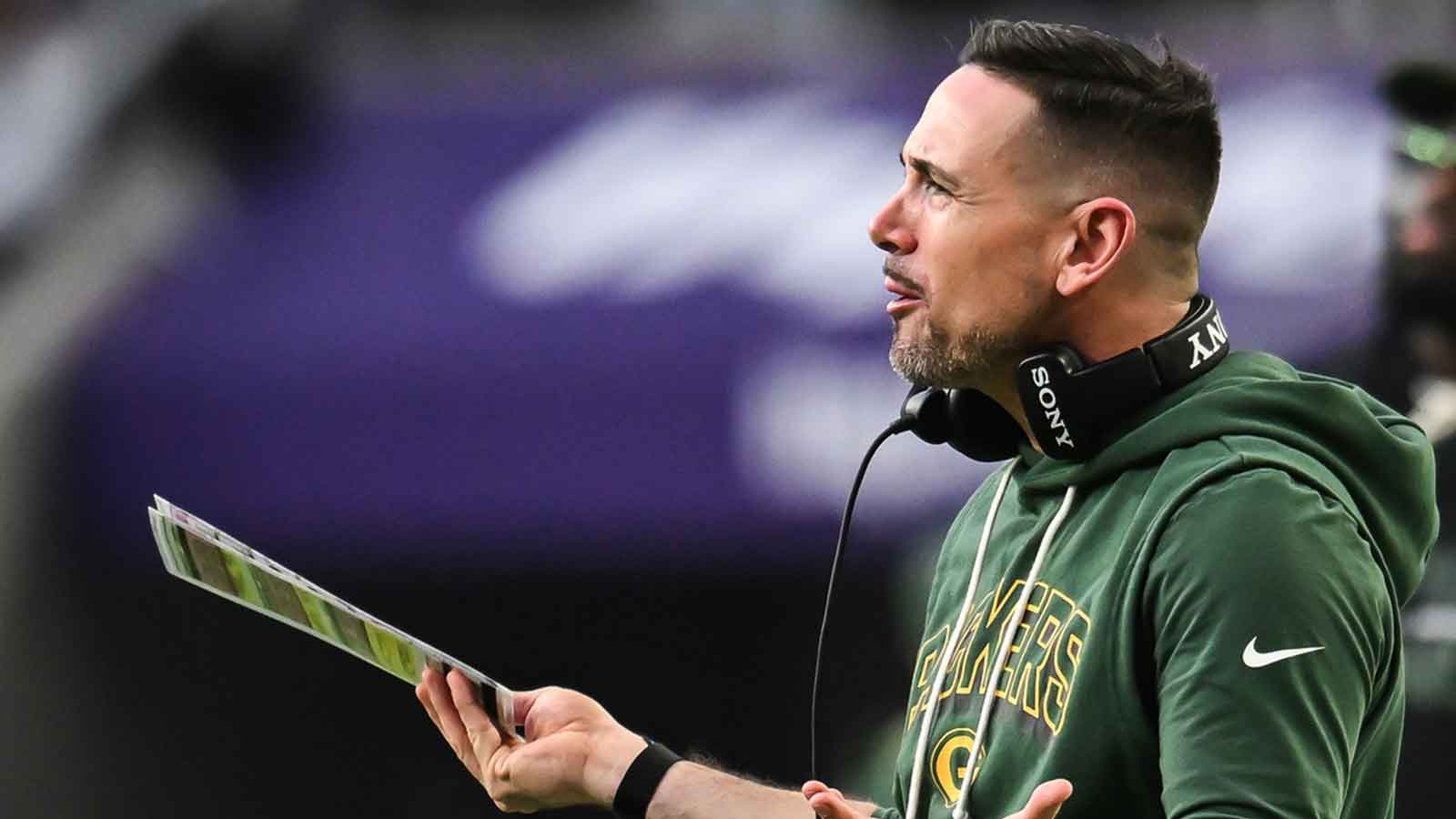Transforming from a celebrated athlete to a guiding mentor is a path few traverse in sports. Harold Miner, once an NBA player famously dubbed “Baby Jordan,” epitomizes this journey. His evolution into a mentor for his daughter, Kami, a Stanford volleyball standout, marks a shift from his athletic ambitions to fostering his daughter's prospering career.
Harold Miner's NBA career was marked by early promise and thrilling highlights, including winning two NBA Slam Dunk Contest. However, injuries cut short his career, leaving him with unfulfilled potential. This disappointment set the stage for his next role: mentoring his daughter in her volleyball endeavors.
Kami Miner's success in volleyball at Stanford is closely linked to her father's influence. Harold's experiences in basketball, which included both highs and lows, have provided a rich foundation for Kami's development in her sport. His journey is a prime example of how sports experiences can be transformative, shaping the athlete and the mentor.
“I poured all that stuff into (Kami) for years and years, and it helped bring me out of dealing with the disappointments I dealt with from my basketball career,” Harold said, via TK of ESPN. “It was therapeutic for me to be able to use all that stuff and just pour that stuff into my daughter.”
Harold's mentoring extends beyond volleyball skills. It encompasses broader life lessons about dealing with expectations, caring for one's body and carving out one's own path. Harold articulated this commitment to excellence, living by the mantra, “If you're going to play it, if you've chosen to play it, you want to be the best that you can be, and so I took it upon myself to help her get there.”
“I knew what it was going to take, it was going to take a lot of hard work,” Harold said.
For Harold, the transition from athlete to mentor involved a significant shift in perspective. His personal experiences in basketball, marked by unmet expectations and career-ending injuries, became valuable lessons for Kami. His approach combines technical expertise with emotional support, helping Kami navigate the pressures of competitive sports.
“I could read her and how she's feeling, and I would let her know that, ‘OK, so we gotta shut it down today,'” Harold said.
“Kami can say, ‘You need to back off,' and Harold accepts it,” Kami's mother and Harold's wife, Pam Miner, added.
Kami's achievements in volleyball, while a product of her natural talent, also speak to Harold's influence. Her strategies, mental toughness and skills are partly shaped by her father's guidance, repurposed for volleyball and tailored to her needs.
This narrative goes beyond individual sports achievements. It's a story about legacy and the transformative impact of mentorship. Harold Miner's journey from the NBA courts to volleyball sidelines is not just about redemption but also about empowering the next generation. His involvement in Kami's volleyball career represents a shift from achieving personal accolades to fostering potential in another. The bond within the Miner family, forged by a shared love for sports and a commitment to excellence, transforms past challenges into lessons for future success.
“I was blown away at the whole family, to be honest,” Stanford volleyball coach Kevin Hambly said. “Her dad's perspective and how she's developed … I'm like, man, this is certainly a good fit.”
It would appear that the time Harold spent mentoring his daughter has paid off. She was named Pac-12 Freshman of the Year in 2021, and become a first-team All-American and Pac-12 Setter of the Year as a sophomore.
As Stanford prepares to enter the NCAA tournament on Friday as a No. 2 seed, Kami and the rest of the Cardinal will look to avenge their regional loss from last year's 2022 NCAA tournament. Like Harold told his daughter after that loss, “You're a champion. You will get another chance.”

